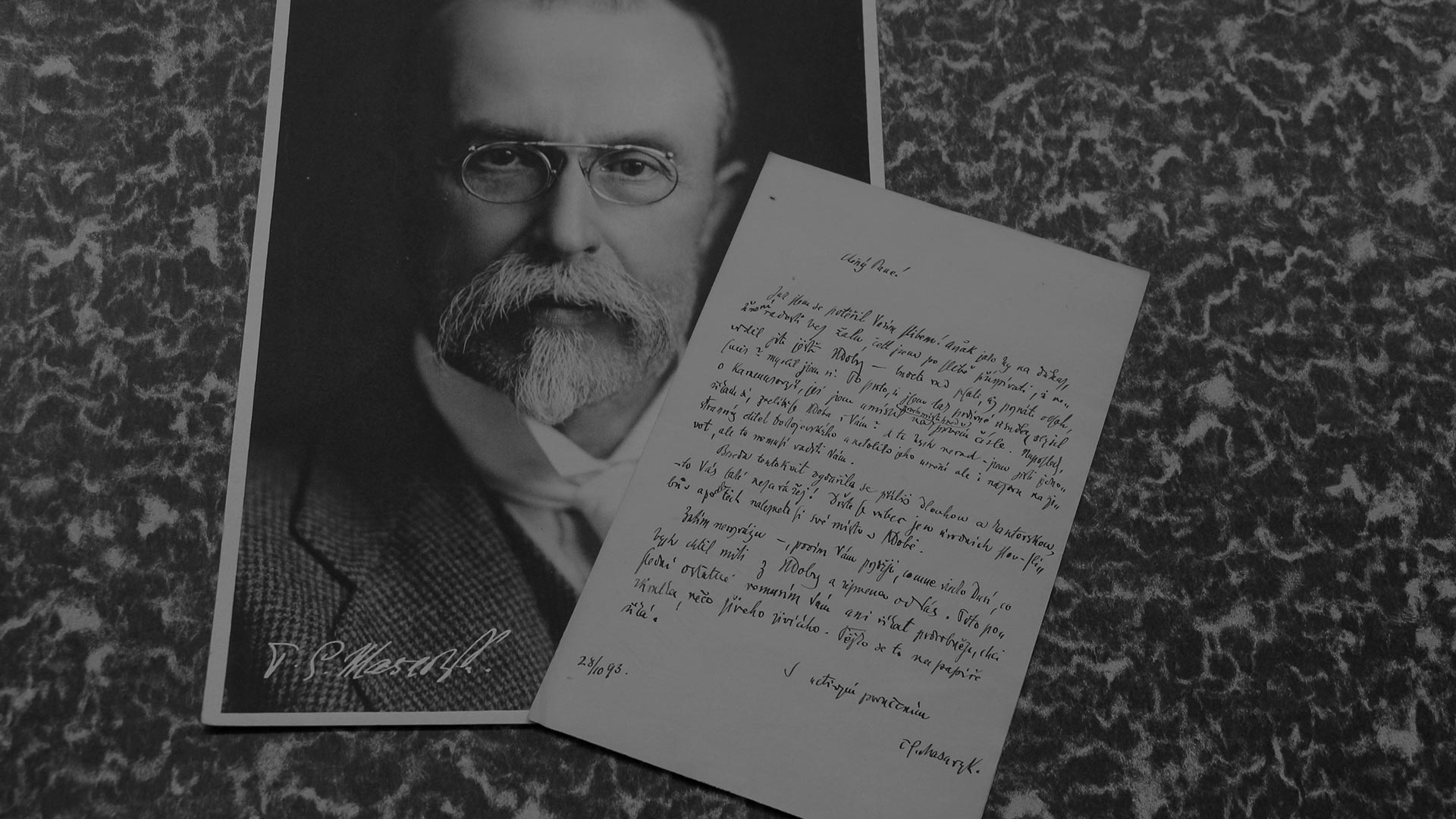The development of computer databases and various other digital tools and the increasing number of online correspondence catalogues and online digital correspondence editions make it possible to process and make accessible large amounts of data that was previously impossible for individuals to research and examine in such a large scale.
The first decade of the 21st century was a key period in which several parallel database projects focused largely on the correspondence of scholars were created (EDELSTEIN et al. 2017; URBÁNEK 2018). In particular, projects focused on the early modern period played a pioneering role, especially:
- Oxford based Electronic Enlightenment Project (1995, fully functional after 2000)
- Dutch project Circulation of Knowledge and Learned Practices in the Seventeenth-Century Dutch Republic (2008)
- Stanford project Mapping the Republic of Letters (2008)
- Würzburg project Frühneuzeitliche Ärztebriefe des deutschsprachigen Raums (1500-1700) (2009)
- Oxford project Cultures of Knowledge: An Intellectual Geography of the Seventeenth-Century Republic of Letters (2009) and it’s database Early Modern Letters Online (EMLO)
The above-mentioned database projects that process early modern scholarly correspondence are not the only ones created in the past two decades. There are a number of similar projects.
With this objective, a four-year European project was initiated in 2014 under the COST Action programme (European Cooperation in Science and Technology) titled Reassembling the Republic of Letters, 1500–1800: A digital framework for multi-lateral collaboration on Europe’s intellectual history (HOTSON – WALLNIG 2019). The Czech Republic involved the experts of the Institute of Philosophy of the CAS, the Institute of History of the CAS, the Library of the Czech Academy of Sciences and the National Museum Library in the project activities.
This international experience influenced and inspired the creation of the Historical Correspondence Online (in Czech: Historická korespondence online with acronym HIKO) portal, which was created in cooperation with the Institute of Philosophy of the CAS, the Masaryk Institute and Archives of the CAS and the Library of the CAS in 2018. Within the portal’s framework, databases processing the correspondence of T. G. Masaryk (HORÁK – JEMELKA 2020), Alois Musil, Jan Marcus Marci, Milada Blekastad-Topičová and other personalities were gradually created. Although these databases use the same standardised structure, they have not yet been more closely linked and metadata has not been used for comparison, especially in terms of applying network analysis methods not only for one correspondence collection, but for collections of multiple personalities.
In this respect, the project builds on the already published and planned volumes of Comenius’s correspondence (Dílo J. A. Komenského / J. A. Comenii Opera omnia 26/I, 26/II; see URBÁNEK – KLOSOVÁ 2018), the eighteen volumes of Masaryk’s correspondence, the nine already published volumes of the Korespondence Jakuba Demla series (cf. IWASHITA 2014), the two volumes of the Korespondence Otokara Březiny (BŘEZINA 2004), the three existing volumes of correspondence published as part of the Sebrané spisy Jana Patočky (cf. PATOČKA 2011) and two volumes of the Korespondence Aloise Musila (JŮNOVÁ MACKOVÁ – ŽĎÁRSKÝ – GECKO 2019; JŮNOVÁ MACKOVÁ – ŽĎÁRSKÝ – CICHROVÁ 2021; JŮNOVÁ MACKOVÁ – ŽĎÁRSKÝ – CICHROVÁ 2022 ).
The NETLET project provides a unique opportunity to connect the most significant domestic digital projects processing the correspondence of prominent figures in Czech science, culture and politics, to significantly expand this data base, to incorporate data previously available only in print and to develop innovative tools for digital analysis. The collaboration of five institutions will create the basis for an online national data repository collecting metadata and data from large correspondence corpora of the intellectual elites of the Czech lands.
